Car insurance is required in nearly all states and gives drivers peace of mind in the event of an accident. For those who can afford it, full coverage car insurance is usually the best option because it provides comprehensive liability coverage with protections for the policyholder's own vehicle. Here's a closer look at some of the best cheap full coverage car insurance providers.
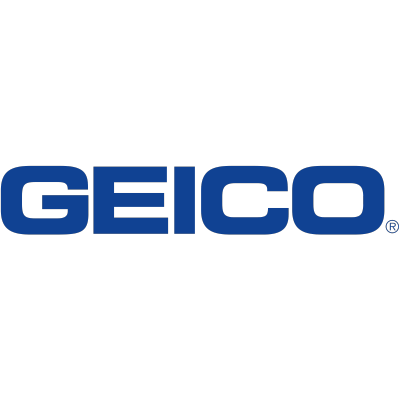
Bottom Line
Geico consistently offers inexpensive car insurance rates in nearly every state. Nationally, its average annual full coverage car insurance premium for drivers with clean records is just $2,314. It also offers a long list of discounts and is surprisingly transparent about how much each one will save qualifying policyholders.
While Geico doesn't have as many optional endorsements as some of its competitors, it does offer some unique protections, like mechanical breakdown coverage. This helps policyholders pay for mechanical issues that typically aren't covered under car insurance.
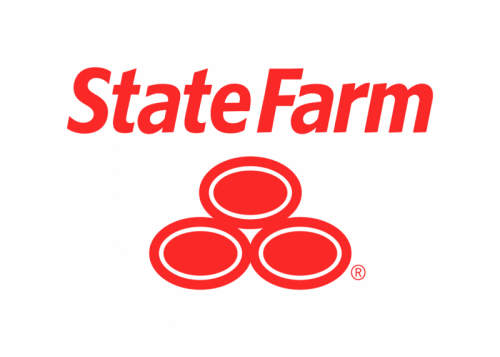
Bottom Line
State Farm offers a wide range of coverages for its auto policies, including rental insurance, rideshare insurance, and emergency roadside service. It has 19,000 agents across the country and offers other discounts in addition to bundling. State Farm is the largest property and casualty insurance company in the U.S., with over $70 billion in premiums written. It also takes the top spot for auto insurance. State Farm is ranked No. 1 in overall customer satisfaction, according to J.D. Power's 2022 U.S. Auto Insurance Study for the Southwest. It ranked in the top five for 8 out of the 10 remaining regions and ranked second for four of the regions.
State Farm has an AM Best rating of A++ (Superior), which shows its ability to pay claims, debts, and other financial obligations. It is one of the few life insurance companies to receive AM Best's highest ranking. State Farm's NAIC complaint index, which shows how many complaints it has received relative to its market share, is 1.18, the lowest on this list.
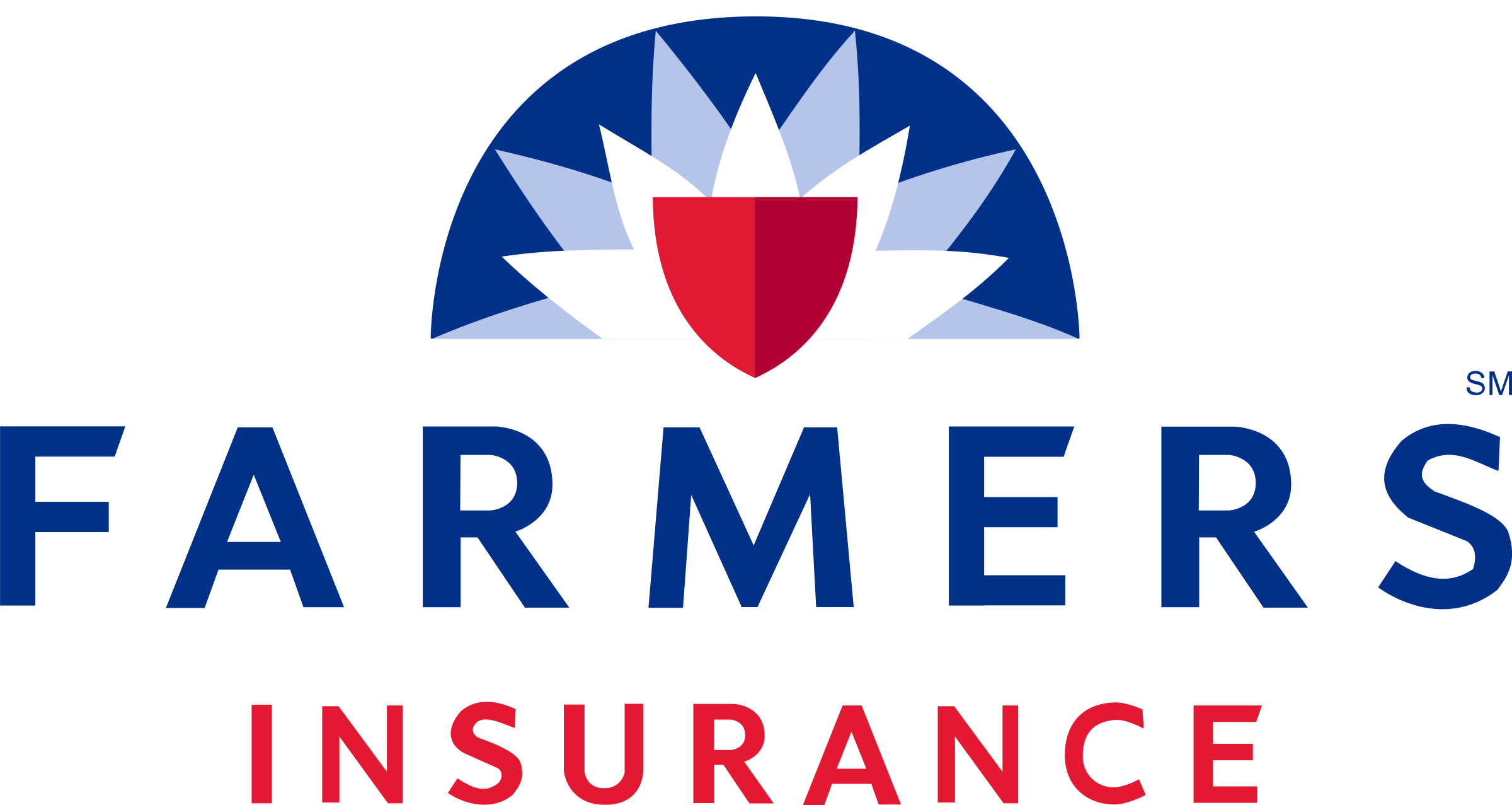
Bottom Line
Farmers states on its website that you can save an average of $741 on auto and home policies and savings up to 20% if you bundle your home and auto with it. You can save up to 45% on your Farmers Auto insurance when you purchase multiple policies (like Home, Umbrella, Life, Business, Boat, Motorcycle, Motorhome and Recreational Vehicle) with Farmers. Auto perks include new car replacement, accident forgiveness, a safe driver discount and more. Home perks include guaranteed replacement cost, claim forgiveness, declining discounts, and claim-free discounts.
Farmers is the ninth-largest property and casualty insurance company in the U.S. with over $25 billion in premiums written and the seventh-largest auto insurance company. Farmers is ranked second in overall customer satisfaction, according to J.D. Power's 2022 U.S. Property Claims Satisfaction Study. The company received a score of 884 out of 1,000. The industry average is 871.
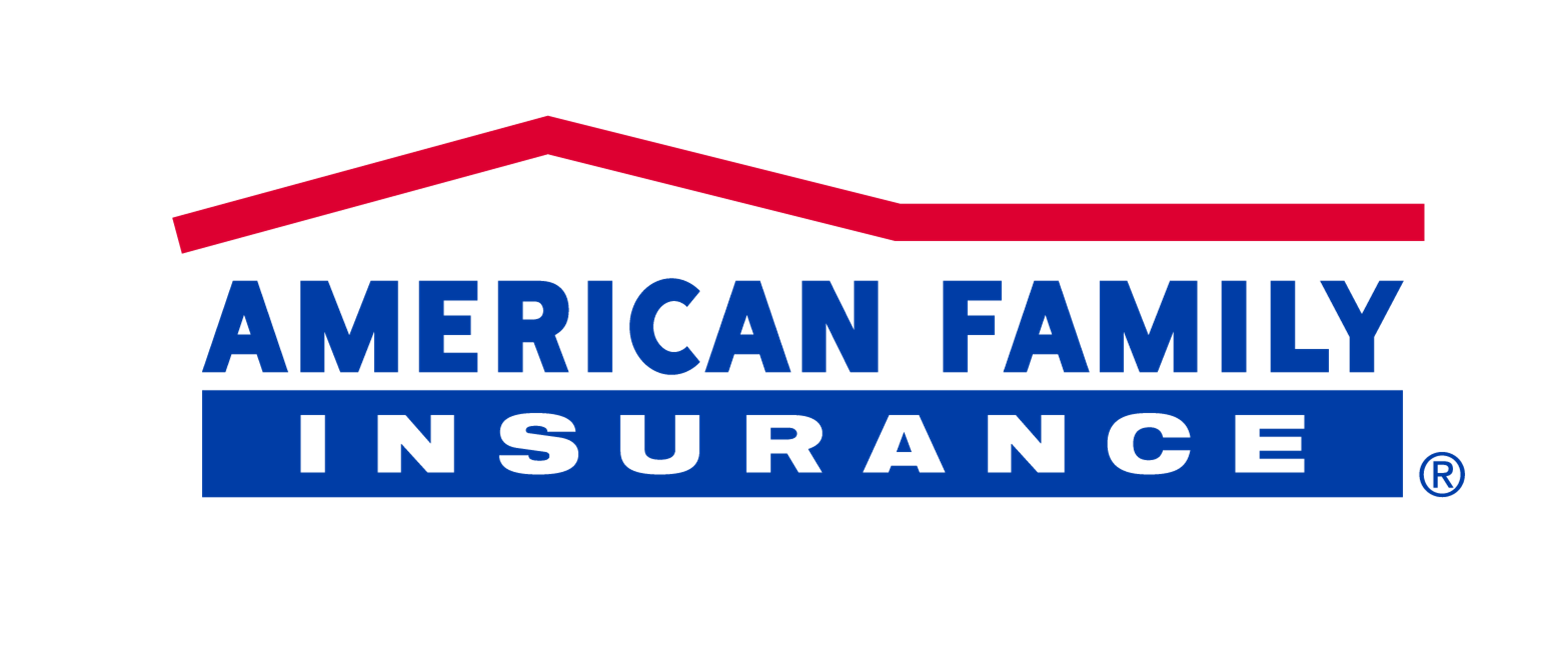
Bottom Line
American Family has a longer list of car insurance discounts than many of its competitors. American Family offers safety discounts, young drivers and family discounts, and policy discounts. There are typical options, like multi-policy and claim-free discounts. But qualifying drivers can also save for some less conventional reasons.
Drivers under age 25 who choose to volunteer in their spare time might qualify for a special discount, as do those who switch to American Family from a competitor. There's also a generous KnowYourDrive option that rewards drivers willing to enroll in a monitoring program. Here are other policy discounts that American Family offers: Pay How You Drive, a discount if you come from a competitor, low mileage, early bird for getting a quote at least seven days before a policy goes into effect, a loyalty discount, and more.
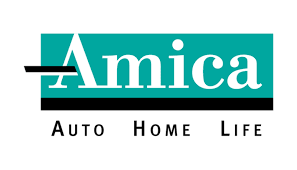
Bottom Line
Amica Mutual ranks highest in overall customer satisfaction with a score of 903 out of 1,000. The industry average is 873. Amica has been rated No. 1 in customer satisfaction in the New England region by J.D. Power for 10 consecutive years. Amica is the oldest mutual insurer of automobiles in the country and is available in the 48 contiguous states.
Amica offers a wide variety of coverages and discounts. It states on its website that drivers can save up to 25% when they insure more than one car with Amica and up to 20% when you combine auto and home coverage. Its discounts are not available in all states.
Pros
- Highly rated customer service
- Comprehensive coverage options
- Long list of auto insurance discounts
Cons
- Rates can be a little higher than some of its competitors
Stand-Out Coverage Options
- New car replacement for vehicles with fewer than 15,000 miles
- Prestige rental car coverage with no daily limit
- Ridesharing coverage is available

Bottom Line
USAA is always the runaway favorite for military members and their families. It's known for offering affordable rates and excellent customer service. In most customer satisfaction surveys, it bests every other company featured. It's only available to military members, veterans, and their family members, though. Those who don't fall into one of these groups will have to explore other options for their auto insurance.
Not only does it offer the lowest rates, USAA would be ranked No. 1 in virtually all areas of the U.S. in J.D. Power's customer service rankings. Because it doesn't meet its award criteria, J.D. Power gives USAA a score but does not include it in the rankings. Most USAA members report high satisfaction with the financial service provider, with the majority of people with USAA membership purchasing multiple products.
What is included in full coverage car insurance?
"Full coverage car insurance" is a general term that describes car insurance that provides liability coverage as well as other types of car insurance protections for the policyholder and their vehicle. It's not like state minimum coverage, which has a very specific set of criteria.
Full coverage auto insurance includes everything that state minimum coverage has, plus a variety of extras. But it's up to each person to decide which protections they feel they need. However, full coverage insurance typically includes at least the following:
- Liability coverage: This is usually broken down into two parts: bodily injury and property damage liability. Nearly all states require drivers to carry some amount of this coverage, but many drivers interested in full coverage car insurance choose to purchase higher coverage limits.
- Collision coverage: This pays to repair the policyholder's vehicle if the policyholder hits another driver. It also pays if the vehicle is involved in a single-car crash. However, it doesn't cover animal-vehicle collisions.
- Comprehensive coverage: Comprehensive coverage pays to repair the policyholder's vehicle if it's damaged due to weather, vandalism, or an animal-vehicle crash. It also kicks in if the policyholder's vehicle is stolen.
All insurers offer these options. Most also have their own slate of optional protections that drivers can add to customize their policy if they'd like.
How much does it cost?
The average cost of full coverage car insurance is about $3,017 per year for drivers with clean records, but it rises to $3,370 per year for those with a single accident on their record. Costs also rise for drivers who receive speeding tickets as well as those who live in areas with frequent car thefts. Even poor credit can raise a driver's auto insurance rates because insurers use credit scores as a measure of a policyholder's responsibility.
But the above figures are only averages. Every driver's situation is unique and each insurer weighs a prospective customer's application a little differently. That's why the same driver can get different rates from different companies. The only way to know which offers the best deal is to compare several quotes side by side.
Factors that impact the cost of full coverage car insurance
Many factors impact the cost of full coverage car insurance. Here are some of the key considerations that affect what a policyholder would pay for coverage:
- Driving record: Those who have accidents or other red flags on their driving record can expect to pay more for coverage.
- Vehicle safety features: A car with better safety features is less likely to be involved in an accident or to result in a claim for serious injuries.
- Age: Younger and older drivers both present a greater risk to insurers.
- Marital status: Married drivers present less accident risk, so their rates are lower.
- Credit history: In many states, insurers can consider credit history when setting premiums, as drivers with better credit statistically have fewer accidents.
- Vehicle make and model: Some cars have more accidents or are more likely to get stolen than others, so insuring them costs more.
- Types of coverage: Drivers who buy add-ons such as new car replacement can expect to pay more.
- Location: Accidents and theft or other crimes are more likely to occur in certain areas.
- Coverage limits: Buying a policy with higher coverage limits comes at a higher cost.
- Deductible: This is the amount a policyholder pays out of pocket. A higher deductible results in lower premiums, as the insurer won't have to pay out as much in a covered claim.
How to compare full coverage car insurance quotes
To compare full coverage auto insurance quotes, take the following steps.
Determine how much coverage is needed
When comparing policies, it's important to know exactly what coverage is needed. Some of the different kinds of coverage that policyholders may wish to purchase in a full-coverage policy include:
- Liability insurance: Most states require bodily injury and property damage liability coverage for all drivers. This pays others who the policyholder harms in a collision.
- Collision insurance: Lenders may require this, but states don't. It pays for the policyholder's own property damage after any crash not caused by someone else.
- Comprehensive insurance: Lenders may also require this but states don't. It pays for the policyholder's property damage for covered causes other than collisions as well as for stolen vehicles.
- Gap insurance: Lenders may require this. It pays the difference between what the policyholder owes on a totaled or stolen car and what the insurer pays out based on the car's value at the time of the incident.
- Rental car reimbursement: This pays for a rental vehicle while a car is being repaired due to a covered incident or until a stolen or totaled car can be replaced. It's usually not required.
- Personal injury protection: Some states require this. It pays for medical bills and wage losses for the policyholder after an accident, regardless of fault.
Drivers should decide what kinds of coverage they want, as well as how much coverage. For example, while states may require around $15,000 or $25,000 per person and $50,000 per accident in bodily injury liability, many people should get more coverage to protect assets.
Drivers will also need to decide how large their deductible will be. This is the amount the driver must pay out of their pocket when a covered loss happens before insurance picks up the rest of the tab.
By determining first how much coverage is needed, motorists can get accurate quotes on full coverage insurance.
Gather driver and vehicle information
Insurers will need information about the drivers in the household as well as the vehicle to be insured.
Before getting quotes, find out about the driving record and accident history of anyone who will be covered. Also, obtain the car's Vehicle Identification Number (VIN) number, as insurers can use this to get the details they need about the car's make, model, and safety features.
This information makes it possible to get accurate pricing.
Obtain quotes from multiple different car insurers
It is important to get several insurance quotes to see which companies provide the best pricing. An independent insurance agent can assist with this process. It's also possible to get these quotes online from different insurers.
Those shopping for coverage should get at least three quotes to ensure they have a representative sample of what different insurers will charge them to offer full coverage insurance.
Compare similar policy terms
After getting quotes, drivers should make sure they are comparing similar policies. Check to confirm the insurer is offering all of the same add-ons and all of the available discounts, and that each insurer is providing the same types and amounts of coverage.
After confirming the quotes are for the same level of protection, it's possible to see which insurers offer the most affordable full coverage insurance.
Review an insurer's reputation
Finally, drivers shopping for insurance and comparing quotes need to make sure they are getting covered by a trusted insurer that will actually pay out a claim in a reasonable time after a covered incident.
To determine if an insurance company offers appropriate protection:
- Check J.D. Power customer satisfaction surveys to see the insurer's reputation.
- Review the complaint database maintained by the National Association of Insurance Commissioners to see if the insurer has a high number of complaints.
- Check the AM Best rating for the insurer to determine if it is financially sound.
Price matters, but so does the insurer's willingness to pay claims quickly and fairly after a covered incident. So don't choose an insurer that has a poor reputation for claims handling or customer service.
The benefits of full coverage car insurance
There are many advantages of full coverage. Here are some of the biggest benefits.
Full-coverage policies can satisfy lender requirements
Drivers with a car loan and drivers who lease a vehicle are often required to purchase full coverage auto insurance. If a motorist is mandated to buy this protection, they will need to do so and keep their policy active during the duration of the time they have the car loan or lease.
A driver who does not have full coverage when required could face these consequences:
- The lender could purchase a very expensive policy that the motorist would have to pay for (this is called force-placed insurance).
- The lender could cancel the loan contract and request full payment of the outstanding balance.
- The lender could repossess the vehicle.
Maintaining a full coverage policy allows a driver to avoid these undesirable outcomes.
Full coverage policies can help to avoid substantial financial losses
When an accident happens, the average cost of property damage is $5,700 per vehicle according to the National Safety Council. If a vehicle is stolen or declared a total loss because of the extent of the damage, the losses could be far greater. In fact, a driver with a vehicle valued at $50,000 or $100,000 or more could lose that entire amount if they do not have collision or comprehensive coverage and the car is stolen or totaled in a single vehicle accident.
A full coverage policy will pay for property damage resulting from a crash that the policyholder is involved in or will pay the fair market value of a stolen or totaled car after a covered incident such as vandalism, theft, a tree falling on the car, or other common damage causes.
Full coverage policies come with more predictable costs
Full coverage policies are more expensive than liability-only policies. But those costs are predictable. Drivers can shop around to find an insurance policy that has affordable monthly premiums for full coverage. And they can build this into their budget.
By contrast, a driver without full coverage is at risk of large unexpected expenses at any moment if something goes wrong with their vehicle. This is much more difficult to budget or plan for.
Who is full coverage car insurance for?
Full coverage auto insurance is the right choice for many motorists. Here's who should buy full coverage auto insurance.
Drivers with a car loan or who are leasing a vehicle
Most lenders and leasing companies require full coverage insurance. Failing to maintain the required level of coverage could result in a lender buying expensive force-placed insurance, demanding repayment of the entire loan, or even repossessing the vehicle. So anyone with a loan or lease contract must make sure they have full coverage if required.
Drivers who couldn't afford to replace their entire car or cover expensive repair bills
A driver with a liability-only policy has no protection against loss to their own vehicle unless someone else causes the accident and resulting damage. Anyone who couldn't afford to pay to repair or replace a car out of pocket should have full coverage auto insurance.
Drivers who want to protect their assets
Even drivers who could afford to just buy a new car or cover costly repairs may not want to do so, as this is not a good use of their assets. It is important to have sufficient insurance to provide protection for those assets. Paying affordable monthly premiums to transfer the risk of greater losses to an insurer is a sound financial choice.
How to save money on full coverage
Full coverage car insurance is more expensive than state minimum coverage, but there are steps drivers can take to keep costs down. These include:
- Compare rates from several companies. As discussed above, all insurers look at a driver's application differently. Some penalize drivers for accidents or speeding tickets more, while others charge more in certain geographic areas. Only a side-by-side comparison can help determine which one offers the best rate.
- Consider enrolling in optional programs. An increasing number of insurers offer drivers discounts for enrolling in a monitoring program. This usually involves installing a small device in the vehicle to track their driving habits. It may not appeal to everyone, but it could help safe drivers knock a little off their monthly premiums.
- Choose a higher deductible. Deductibles are the out-of-pocket costs the policyholder must pay before the insurer will pay the rest. Usually, choosing a higher deductible results in lower monthly premiums.
| Offer | Best For | Next Steps |
|---|---|---|
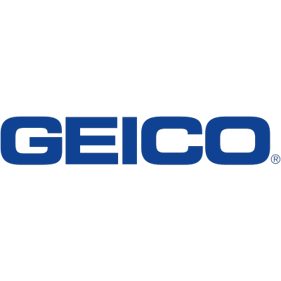
Geico
|
Great For: Best for affordability | |

State Farm
|
Great For: Best for customer satisfaction and financial stability | |

Farmers
|
Great For: Best for bundling multiple policies and insurance policy perks | |

American Family Auto
|
Great For: Best for discounts | |

Amica Mutual
|
Great For: Best for claims satisfaction | |

USAA
|
Great For: Best for military members and their families |
FAQs
-
Full coverage car insurance ensures that the policyholder's vehicle is covered, even if they cause an accident. It's a smart buy for those who can afford it because it reduces the driver's risk of paying for costly damages on their own.
-
There's no standard definition of full coverage car insurance, so what is covered varies depending on what protections the policyholder purchases. But insurers typically don't cover problems that arise from normal wear and tear on the vehicle.
-
It's a good idea for drivers to maintain full coverage insurance on their vehicle if they can afford to do so. But if money is tight, dropping it might be necessary. It could also make sense to drop coverage if a driver moves to an area where having a car no longer makes sense for them.
Our Insurance Expert
We're firm believers in the Golden Rule, which is why editorial opinions are ours alone and have not been previously reviewed, approved, or endorsed by included advertisers. The Ascent, a Motley Fool service, does not cover all offers on the market. The Ascent has a dedicated team of editors and analysts focused on personal finance, and they follow the same set of publishing standards and editorial integrity while maintaining professional separation from the analysts and editors on other Motley Fool brands.